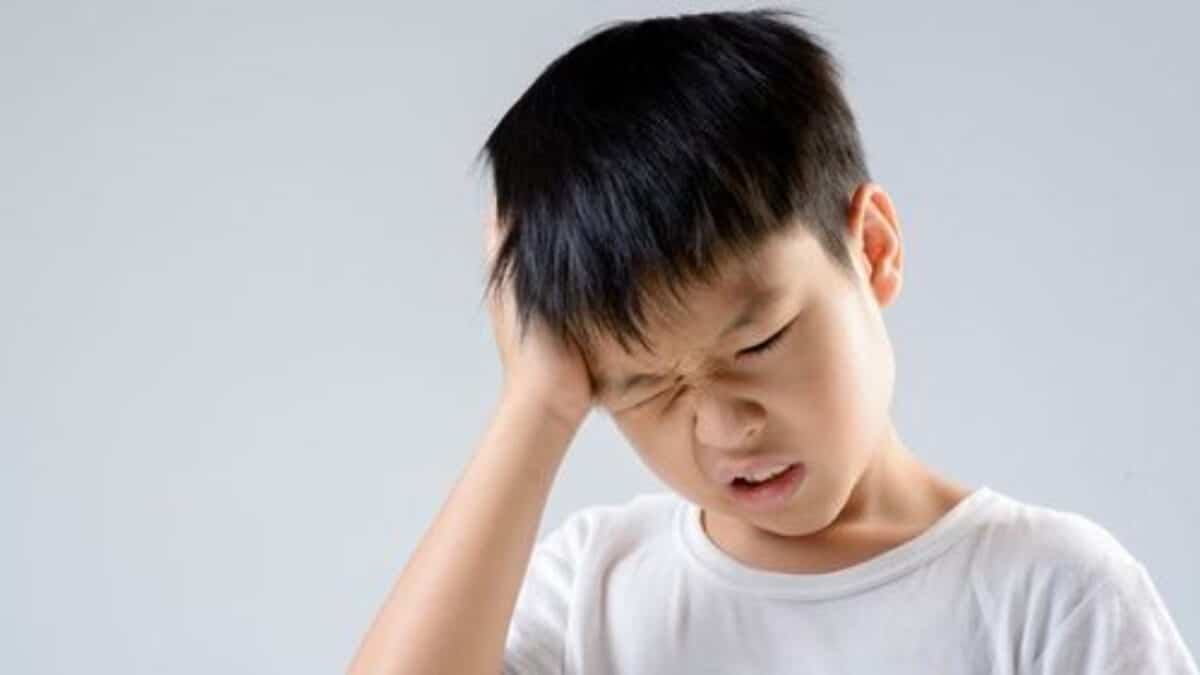This blog post is going to focus on the diagnosing and management of pediatric concussions. It should first be noted that “pediatric” is considered any persons under the age of 18 years.
In 2014, the Ontario Neurotrauma Foundation created a set of guidelines and recommendations for parents and/or caregivers on how to manage concussions. These guidelines are made public on the Ontario Neurotrauma Foundation website.
Firstly, you would need to recognize symptoms of a concussion to determine if further assistance may be needed. These could include:
- Loss of consciousness
- Seizure or convulsion
- Balance problems
- Nausea or vomiting
- Drowsiness
- More emotional
- Irritability
- Nervousness or anxiety
- Difficulty remembering
- Headaches
- Dizziness
- Confusion
- Blurred vision
- Neck pain
- Sensitivity to light and noise
- Difficulty concentration
It is recommended that if a child is reporting any of the above symptoms, they should be referred to a medical professional immediately.
The signs and symptoms of a concussion often last for 7-10 days, however, with some children it may take many weeks or months to heal.
According to a study published on canchild.ca, 25% of children are symptom free after 15 days, 50% are symptom free after 26 days, 75% are symptom free after 45 days and 90% are symptom free after 90 days.
The child may be at risk for a prolonged recovery if he/she has had previous concussions, history of learning of behaviour problems, history of migraines or symptoms of amnesia, fogginess or dizziness.
The most important treatment following a concussion is REST. The child should not exercise, go to school or do any activities that may make them worse. While at rest and recovering, they can start to slowly, step-by-step, increasing their activity level.
The Neuotrauma Guidelines provide examples of what a “step-by-step increase in activities” might look like.
Trying to complete schoolwork and study before the brain has recovered from a concussion overuses the brain at a time when it needs all its energy to recover.
When returning to school, the child may need academic accommodations, such as frequent breaks, shortened days, and working in a quiet area. It is important that the student has a contact person at the school, who can relay information from the student, student’s family and the student’s health care team.
An occupational therapist can be helpful for the child, whose post-concussive symptoms are prolonged and they are having difficulty returning to their normal activities of daily living.
The OT can assist with the following:
- Help the child slowly return to daily activities (school, sports and leisure, social life, etc.) safely and in a way that would allow the client to recover from their concussion.
- Provide education for energy conservation and relaxation techniques.
- Provide recommendations and build strategies for communities, stakeholders and decision makers on the development of concussion education and rehabilitation programming.
- Liaise with the school to ensure that the child is provided with the proper accommodations.
If you would like to learn more about pediatric concussion and how an OT can assist with treatment, please not hesitate to contact us.

